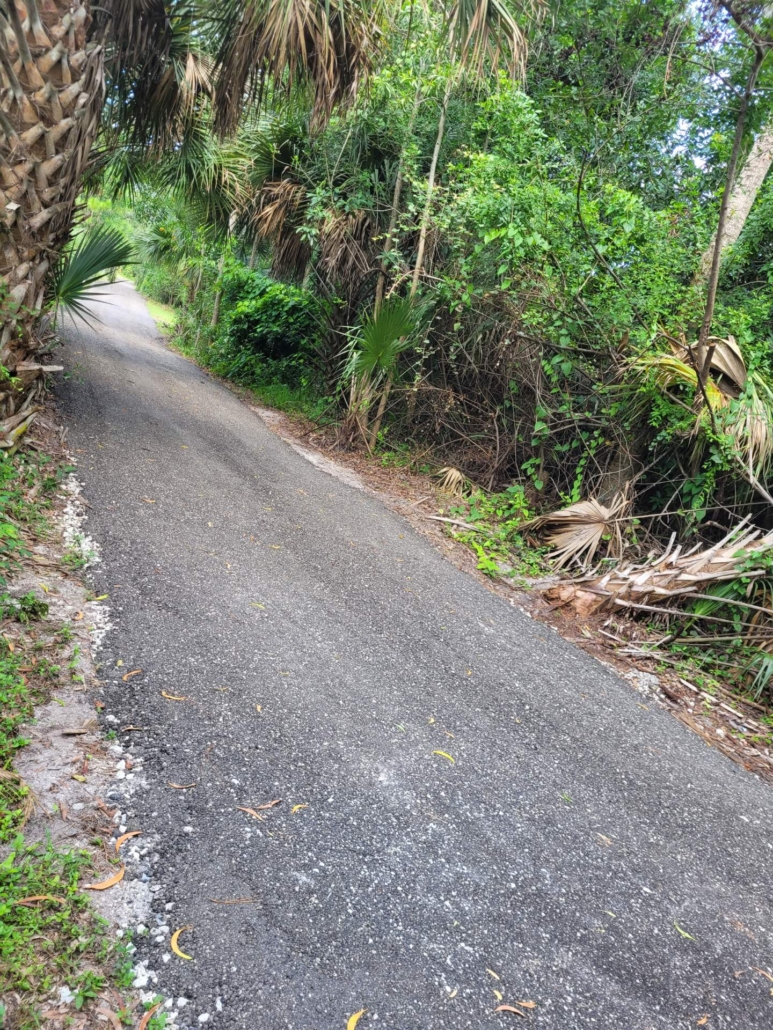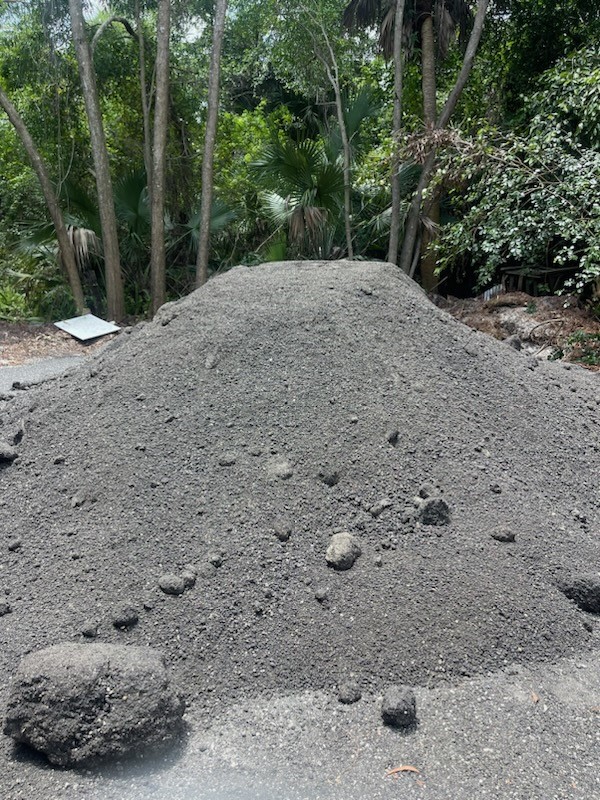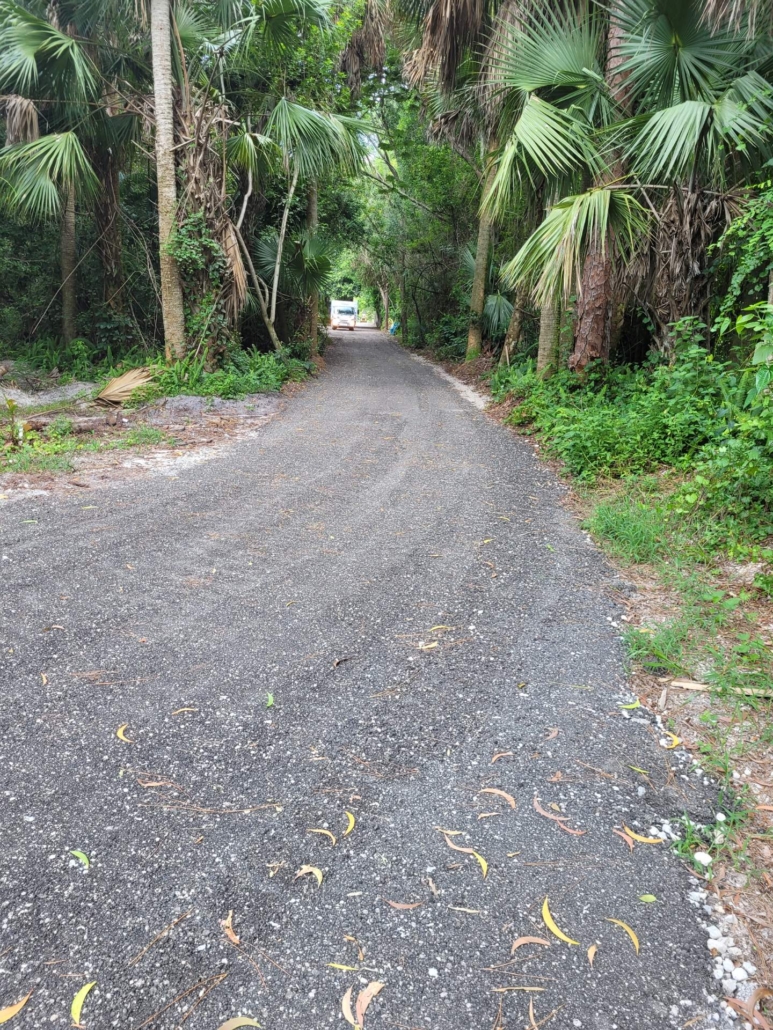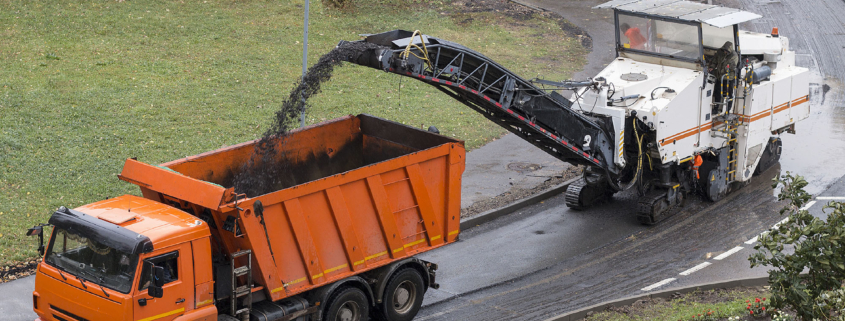Asphalt Millings
Asphalt Millings is rapidly becoming South Florida’s most popular recycled material. They are much cheaper than new or virgin asphalt and other aggregates, such as gravel. The costs are low because the processing is relatively simple. What’s more state-managed highway projects always mean that asphalt millings are obtainable locally, making them cheaper because of lower transport costs.
Estimates are that 80–85% of asphalt waste generated is currently being used either in recycled hot-mix and cold-mix asphalt preparations or as aggregate in stabilized or granular base or subbase material.
If you’re using asphalt millings in a new-build commercial project, you may qualify for LEED credits. Their use will improve your sustainability rating.
Asphalt milling is the process of removing the top surface layer of an existing asphalt pavement. The removed material, known as asphalt millings, can be recycled and used as the base material for new asphalt pavement.
It is called millings because it is typically done using a milling machine, which has a large rotating drum fitted with carbide cutters that grind away the old asphalt paving project. The recycled asphalt is then collected and transported to a facility for screening and cleaning.
Once the asphalt millings have been cleaned, they are to be used for various projects. The process typically uses large road milling equipment, although small machines for milling can be used to remove small areas of asphalt. The depth of milling can also be adjusted depending on the desired thickness of asphalt millings.
Asphalt milling can be used for a variety of projects, including:
- Road construction and repair: Asphalt millings can be used as a base layer or top layer for new roads or laid on the existing pavement to provide a smooth surface.
- Pavement for driveways and parking lots: Asphalt millings can be compacted and shaped to create a smooth and stable surface for driveways and parking lots that is durable and long-lasting.
- Erosion control and drainage improvement: Asphalt millings can be used to control erosion and improve drainage on unpaved roads and other surfaces.
- Stabilization for unpaved roads: Asphalt millings can be used to stabilize unpaved roads and other surfaces, making them suitable for traffic.
- Lane additions or expansion: Asphalt milling can also be used in lane additions or expansion projects by removing a layer of the existing asphalt to make room for a new lane or turn lane.
Most common uses include:
- Gravel road rehabilitation
- Residential driveways
- Golf course pathways
- Sports club parking lots
- Restaurant parking lots
- Apartment block parking lots
- Bicycle pathways
- Hardscape filler in landscaped gardens






